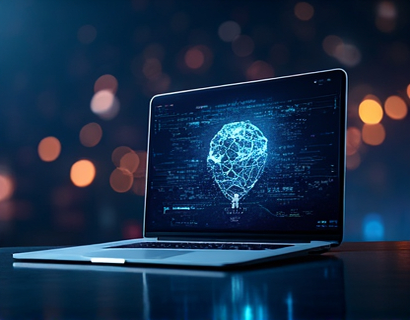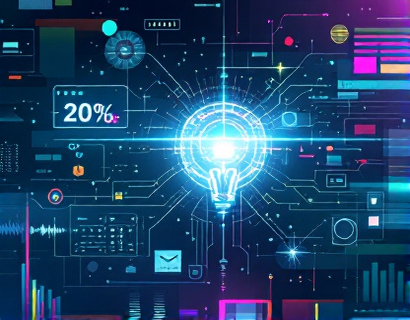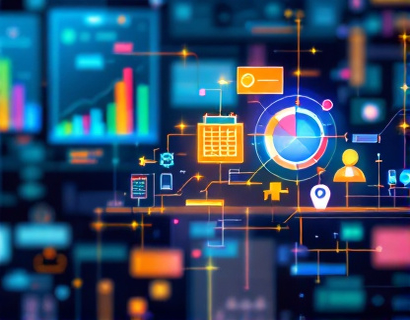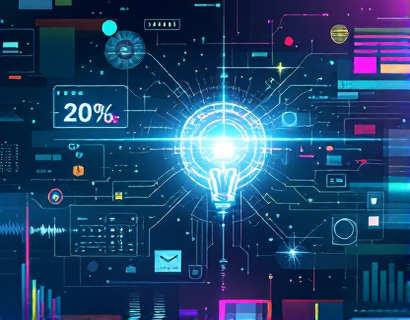Transforming Legal Access with AI-Powered Chat Technology
The integration of advanced AI technology into legal services has revolutionized the way individuals and legal professionals access expert legal insights. This innovative approach leverages real-time information to empower users with the knowledge they need to make informed decisions, all through a secure and user-friendly chat interface. The fusion of AI and legal services, often referred to as LegalTech, represents a significant leap forward in the accessibility and efficiency of legal information.
Understanding the Need for Instant Legal Insights
In today's fast-paced world, the need for immediate and accurate legal information is more critical than ever. Whether for personal matters or business decisions, individuals and professionals often find themselves in situations where timely legal guidance is essential. Traditional methods of accessing legal advice, such as scheduling appointments with attorneys or sifting through extensive legal documents, can be time-consuming and inefficient. The introduction of AI-powered chat technology addresses these challenges by providing instant access to expert legal insights, streamlining the process of obtaining necessary information.
How AI Chat Technology Works in Legal Context
AI chat technology in the legal domain operates by utilizing natural language processing and machine learning algorithms to understand and respond to user queries. When a user interacts with the chat interface, the system analyzes the input to identify key legal concepts and questions. The AI then retrieves relevant information from a vast database of legal knowledge, including statutes, case law, and expert opinions. This process happens in real-time, ensuring that users receive the most current and accurate information available.
Benefits of AI-Powered Legal Insights
The advantages of using AI-powered chat for legal insights are numerous. Firstly, users gain access to a wealth of legal knowledge without the need for extensive research or legal expertise. This democratization of legal information empowers individuals who may not have the resources or background to navigate complex legal systems on their own. Secondly, the real-time nature of the information provided ensures that users are always working with the latest legal developments, which is crucial in a field where laws and interpretations can change rapidly. Lastly, the convenience and speed of the chat interface make it an invaluable tool for both immediate and ongoing legal needs.
Enhanced Accessibility for Legal Professionals and Individuals
For legal professionals, AI chat technology serves as a powerful tool to stay updated on the latest legal trends and research, enhancing their ability to provide informed advice to clients. For individuals, it offers a user-friendly platform to seek legal guidance on a wide range of topics, from contract disputes to family law. The accessibility of this technology breaks down barriers, making high-quality legal insights available to a broader audience.
Security and Privacy in AI Legal Chat Interfaces
One of the primary concerns when using digital platforms for sensitive information like legal advice is security and privacy. Reputable AI legal chat services prioritize these aspects by implementing robust security measures. Data encryption, secure servers, and compliance with privacy regulations ensure that user information remains confidential and protected. Users can interact with the chat interface with confidence, knowing their data is safeguarded.
Real-World Applications of AI in Legal Services
The application of AI in legal services extends beyond mere information retrieval. It also aids in document analysis, contract review, and even predictive legal outcomes. For instance, AI can quickly scan through contracts to identify potential risks or inconsistencies, saving time and reducing the likelihood of human error. This level of precision and efficiency is particularly valuable in complex legal transactions where attention to detail is paramount.
Case Study: Streamlining Contract Review
Consider a business looking to enter into a new contract. Traditionally, this process involves hiring legal experts to review the document, a task that can take days and incur significant costs. With AI chat technology, the same review can be completed in a fraction of the time. The AI system analyzes the contract, flagging areas of concern and providing insights based on legal precedents and current laws. This not only accelerates the process but also ensures a more thorough examination of the contract.
Future Prospects of AI in Legal Services
The future of AI in legal services holds immense potential. As AI technology continues to evolve, we can expect even more sophisticated interactions and deeper insights. The integration of AI with other technologies, such as blockchain for secure document management or augmented reality for immersive legal training, could further enhance the legal landscape. However, the development of these technologies must be balanced with ethical considerations and regulatory compliance to ensure they benefit society as a whole.
Ethical Considerations and Regulatory Frameworks
While the benefits of AI in legal services are clear, it is essential to address the ethical and regulatory challenges. Issues such as bias in AI algorithms, the need for transparency in AI decision-making, and the role of human oversight are critical. Legal frameworks must evolve to accommodate these technologies, ensuring they are used responsibly and ethically. Collaboration between technologists, legal experts, and policymakers is vital to create guidelines that promote innovation while protecting user rights and maintaining the integrity of the legal system.
Conclusion
The integration of AI-powered chat technology into legal services marks a significant advancement in the accessibility and efficiency of legal information. By providing instant expert insights and secure, user-friendly interactions, this technology empowers both legal professionals and individuals to navigate the complexities of the legal world with greater ease. As the field continues to develop, the focus on security, ethical considerations, and regulatory compliance will be crucial in shaping a future where AI enhances, rather than replaces, the human touch in legal services.










































